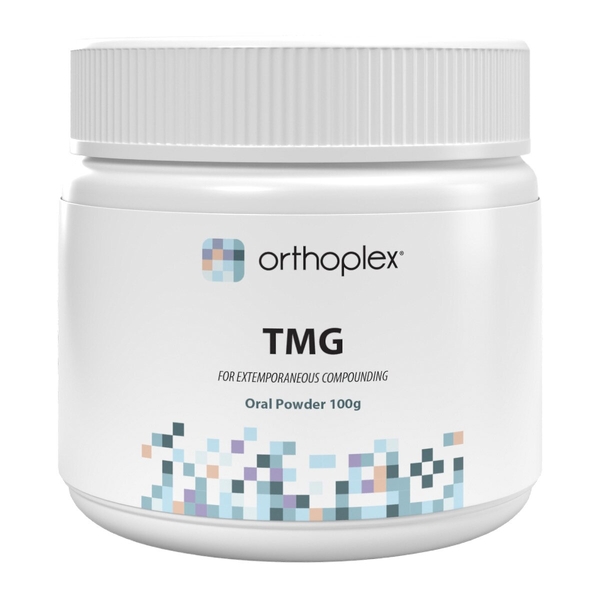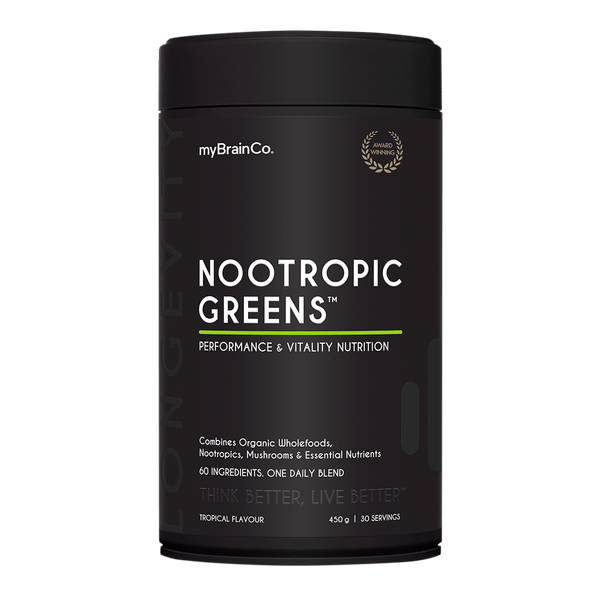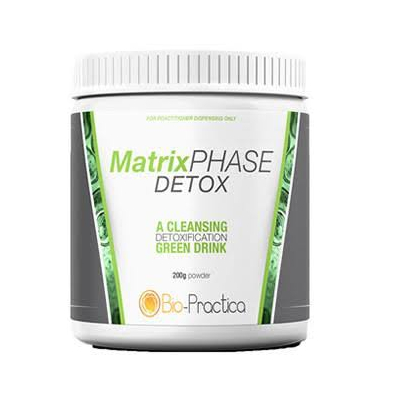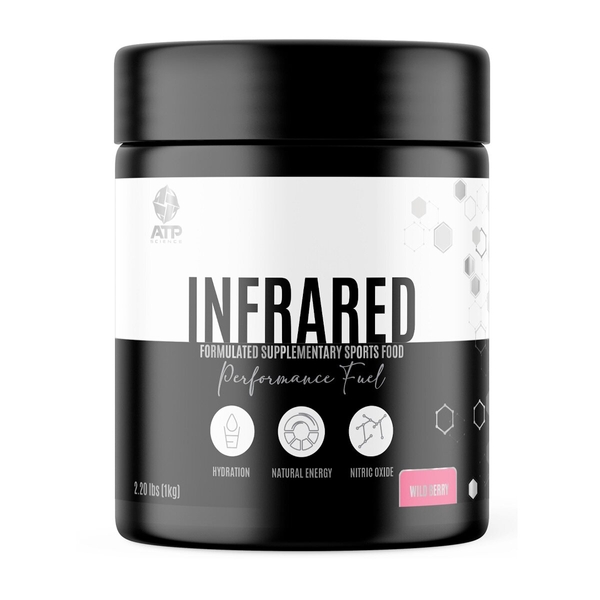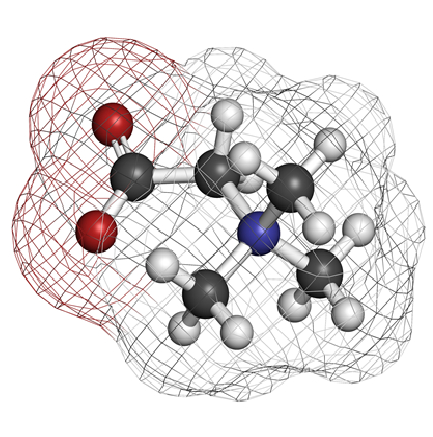
Betaine anhydrous
Scientific names: Trimethylglycine anhydrous
Alternative names: Betaína Anhidra, Betaine, Bétaïne Anhydre, Betaine Anhydrous, Bétaïne de Glycine, Bétaïne de Glycocoll, Cystadane, Glycine Betaine, Glycocoll Betaine, Glycylbetaine, Lycine, Oxyneurine, TMG, Trimethyl Glycine, Trimethylbetaine, Trimethylglycine, Trimethylglycine Anhydre
Actions: Anticancer, Exercise performance, Homocysteine lowering, Liver, Mouth moisturizing, Osmolytic, Weight loss
Background
Betaine anhydrous is a chemical that occurs naturally in the body. It can also be found in foods such as beets, spinach, cereals, seafood, and wine.
Betaine anhydrous helps the body to process a chemical called homocysteine. Homocysteine is involved in the normal function of many different parts of the body, including blood, bones, eyes, heart, muscles, nerves, and the brain. Betaine anhydrous prevents the buildup of homocysteine in the blood.
A specific betaine anhydrous prescription product (Cystadane) is FDA-approved for the treatment of high urine levels of homocysteine (homocystinuria). People also use non-prescription betaine anhydrous supplements for reducing blood and urine homocysteine levels, athletic performance, depression, dry mouth, and many other purposes, but there is no good scientific evidence to support most of these uses.
Don't confuse betaine anhydrous with betaine hydrochloride. These are not the same.
Betaine anhydrous helps the body to process a chemical called homocysteine. Homocysteine is involved in the normal function of many different parts of the body, including blood, bones, eyes, heart, muscles, nerves, and the brain. Betaine anhydrous prevents the buildup of homocysteine in the blood.
A specific betaine anhydrous prescription product (Cystadane) is FDA-approved for the treatment of high urine levels of homocysteine (homocystinuria). People also use non-prescription betaine anhydrous supplements for reducing blood and urine homocysteine levels, athletic performance, depression, dry mouth, and many other purposes, but there is no good scientific evidence to support most of these uses.
Don't confuse betaine anhydrous with betaine hydrochloride. These are not the same.
Safety Safety definitions
When taken by mouth: Betaine anhydrous is likely safe when used in doses of up to 6 grams daily. Betaine anhydrous is available as an FDA-approved prescription product (Cystadane) and a dietary supplement. It's usually well-tolerated. Side effects might include nausea, stomach upset, diarrhea, and body odor.
When applied to the skin: There isn't enough reliable information to know if betaine anhydrous is safe or what the side effects might be.
Children: Betaine anhydrous is likely safe for most children when taken by mouth in doses up to 150mg/kg daily.
High cholesterol: Betaine anhydrous can increase levels of total and low-density lipoprotein (LDL or "bad") cholesterol in some people. People with high cholesterol should use betaine anhydrous cautiously.
When applied to the skin: There isn't enough reliable information to know if betaine anhydrous is safe or what the side effects might be.
Special Precautions & Warnings:
Pregnancy and breast-feeding: There isn't enough reliable information to know if betaine anhydrous is safe to use when pregnant or breast feeding. Stay on the safe side and avoid use.Children: Betaine anhydrous is likely safe for most children when taken by mouth in doses up to 150mg/kg daily.
High cholesterol: Betaine anhydrous can increase levels of total and low-density lipoprotein (LDL or "bad") cholesterol in some people. People with high cholesterol should use betaine anhydrous cautiously.
Effectiveness
NatMed Pro rates effectiveness based on scientific evidence according to the following scale: Effective, Likely Effective, Possibly Effective, Possibly Ineffective, Likely Ineffective, Ineffective, and Insufficient Evidence to Rate.
Effective Effectiveness definitions
- High levels of homocysteine in the urine (homocystinuria). Taking betaine anhydrous by mouth lowers homocysteine levels in the urine. A specific prescription form of betaine anhydrous (Cystadane) is FDA-approved for treating certain disorders in both children and adults.
Possibly effective Effectiveness definitions
- High levels of homocysteine in the blood (hyperhomocysteinemia). Taking betaine anhydrous by mouth lowers homocysteine levels in the blood of some people. But it's not clear if this also decreases the risk of heart disease.
Dosing & administration
Betaine anhydrous has most often been used by adults in doses of 1.25-3 grams by mouth twice daily. Betaine anhydrous is available as an FDA-approved prescription product (Cystadane) and a dietary supplement. Prescription products are standardized, meaning they contain a consistent dose of betaine anhydrous. Non-prescription products may contain more or less betaine anhydrous than indicated on the label.
Discuss the use of both prescription and non-prescription products with a healthcare provider.
Discuss the use of both prescription and non-prescription products with a healthcare provider.
Interactions with pharmaceuticals
It is not known if Betaine Anhydrous interacts with any medicines. Before taking Betaine Anhydrous, talk with your healthcare professional if you take any medications.
Interactions with herbs & supplements
There are no known interactions with herbs and supplements.
Interactions with foods
There are no known interactions with foods.
Products
View all productsPer scoop (10g) (Tropical):
- Trimethylglycine (TMG) 500 mg
- Medium chain triglycerides (MCT) 1.0 g
- Organic Cracked-Cell Chlorella (1.6% Spermidine) 750 mg
- Organic Alfalfa Grass 600 mg
- Brassica oleracea italica 6 mg
- Silybum marianum ext. 38 mg
- Taurine 1.5 g
- Acetyl L-carnitine (Acetyl-L-carnitine) 500 mg
- L-alpha-glycerylphosphorylcholine (Alpha-GPC) 500 mg
- L-tyrosine 500 mg
- Glycine 500 mg
- Nicotinamide riboside chloride (Vitamin B3) 300 mg
- Hyaluronic acid sodium salt (Sodium hyaluronate) 100 mg
- L-theanine 100 mg
- Citrus limon (juice) (Lemon) 737 mg
- Organic Barley Grass 600 mg
- Organic Wheatgrass 500 mg
- Organic Beetroot Juice 36 mg
- Organic Carrot Juice 36 mg
- Organic Kale Leaf (freeze dried) 21 mg
- Organic Spinach Leaf (freeze dried) 21 mg
- Organic Acai Berry (freeze dried) 18 mg
- Organic Apple Juice 6 mg
- Organic Grape Juice 6 mg
- N-acetylcysteine (NAC) 600 mg
- Acacia sp. (gum) 500 mg
- Green banana starch 500 mg
- Bacillus coagulans 15 billion
- Sea Mineral Complex 300 mg
- Thiamine hydrochloride (Vitamin B1) 3 mg
- Riboflavin (Vitamin B2) 2 mg
- Nicotinamide (Vitamin B3) 20 mg
- Calcium pantothenate (Vitamin B5) 5 mg
- Pyridoxine hydrochloride (Vitamin B6) 3 mg
- Biotin 330 µg
- Levomefolate glucosamine (Activated folate) 400 µg
- Methylcobalamin (Activated B12) 220 µg
- Ascorbic acid (Vitamin C) 170 mg
- d-alpha-Tocopheryl acid succinate 80 mg
- Menaquinone 7 (Vitamin K2) 20 µg
- Calcium citrate 307 mg
- Chromium nicotinate 200 µg equiv. chromium 25 µg
- Iron amino acid chelate 18 mg equiv. iron 3.6 mg
- Copper gluconate 2 mg equiv. copper 195 µg
- Magnesium citrate 170 mg equiv. magnesium 34 mg
- Manganese amino acid chelate 4 mg equiv. manganese 400 µg
- Selenomethionine 5 mg equiv. selenium 20 µg
- Zinc citrate 50 mg equiv. zinc 17 mg
- Withania somnifera ext. 300 mg
- Eleutherococcus senticosus ext. 250 mg
- Panax ginseng ext. 150 mg
- Camellia sinensis ext. 113 mg
- Theobroma cacao ext. 75 mg
- Vitis vinifera ext. 60 mg
- Rosmarinus officinalis ext. 60 mg
- Centella asiatica ext. 38 mg
- Rhodiola rosea ext. 38 mg
- Organic Lion’s Mane Mushroom 500 mg
- Organic Cordyceps Militaris Mushroom 120 mg
- Organic Reishi Mushroom 120 mg
- Natural pineapple flavour
- Natural flavours
- Stevia rebaubiana
- Xanthan gum
$124.95
Create account
Per 7 g:
- Trimethylglycine (TMG) 300 mg
- Arthrospira platensis (Spirulina) 643 mg
- Brassica oleracea var. italica powder 100 mg
- Silybum marianum ext. 500 mg
- Schisandra chinensis ext. 200 mg
- Cynara scolymus ext. 800 mg
- Hordeum vulgare 883 mg
- Chlorella pyrenoidosa powder 100 mg
- Rosmarinus officinalis ext. 50 mg
- Coriandrum sativum powder 50 mg
- Galium aparine ext. 160 mg
- L-glutamine 800 mg
- Methylsulfonylmethane (MSM) 100 mg
- Calcium D-glucarate 100 mg
- Taurine 60 mg
- L-cysteine 50 mg
- Ascorbic acid (Vitamin C) 80 mg
- Magnesium citrate 8 mg
- Zinc citrate 5 mg
- R-alpha lipoic acid 25 mg
- Apple pectin 320 mg
- Natural lemon lime flavour
- Xylitol
- Glycine
- Stevia rebaubiana
- Citric acid anhydrous
Practitioner product
Per 36 g (Wild Berry):
- Trimethylglycine (TMG)
- Magnesium aspartate
- Sodium citrate
- Potassium aspartate
- Calcium citrate
- Glucose monohydrate (Dextrose)
- Maltodextrin
- Rice amylopectin
- Beta vulgaris powder
- Citrulline malate amino acid (L-Citrulline)
- Beta alanine
- Silicon dioxide
- Honey (powder)
- Raspberry flavour
- Creatinol-O-Phosphate (Creatine)
- Malic acid
- Schisandra chinensis (berry) ext.
- Stevia rebaubiana
RRP: $79.95$71.95Save: 10%
Create account
vital.ly has licensed monographs from TRC Healthcare.
This monograph was last reviewed on 16/05/2025 10:00:00 and last updated on 17/11/2021 21:11:37. Monographs are reviewed and/or updated multiple times per month and at least once per year.
Natural Medicines disclaims any responsibility related to medical consequences of using any medical product. Effort is made to ensure that the information contained in this monograph is accurate at the time it was published. Consumers and medical professionals who consult this monograph are cautioned that any medical or product related decision is the sole responsibility of the consumer and/or the health care professional. A legal License Agreement sets limitations on downloading, storing, or printing content from this Database. No reproduction of this monograph or any content from this Database is permitted without written permission from the publisher. It is unlawful to download, store, or distribute content from this site.

